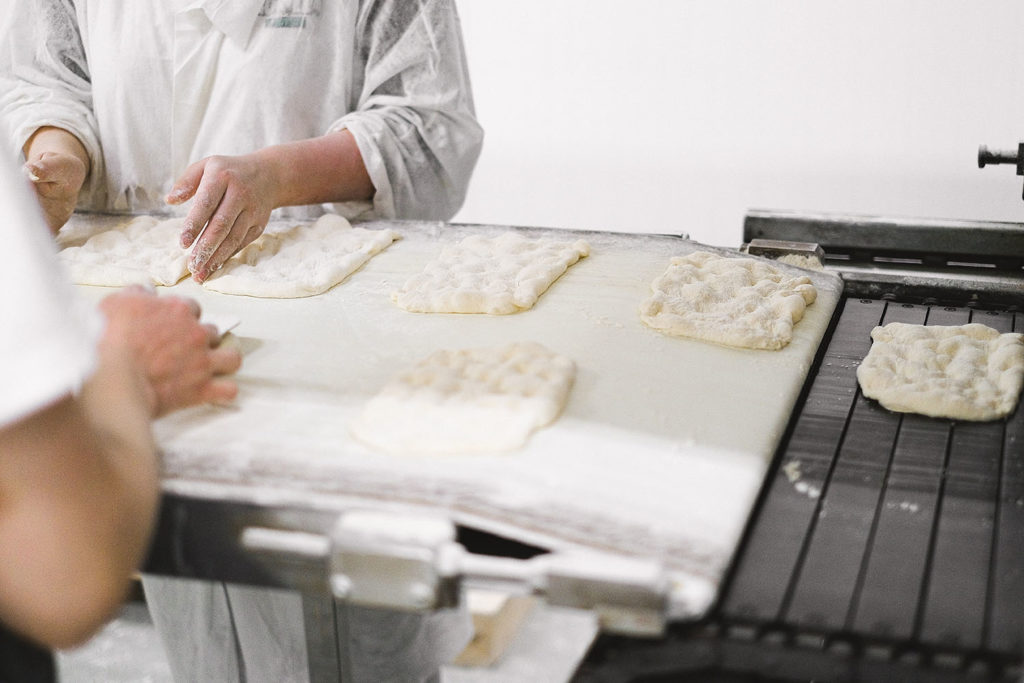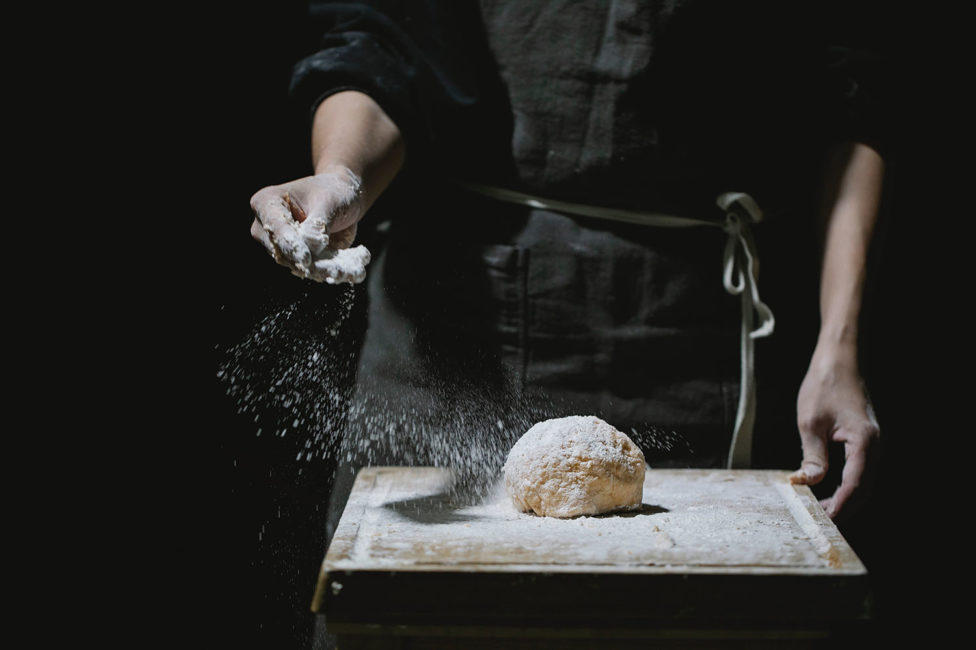If you enjoy following steps, can follow a recipe, work well in a team, and perform well under pressure, a career in baking could be well-suited to you. Qualified bakers and pastry cooks prepare and bake bread, buns, cakes, biscuits, and pastry goods in retail baking settings. Working in the field is a challenging but rewarding career that allows you to unleash your creativity on a daily basis.
The Additional Identified Skills Shortage Payment Incentive
To tackle Australia’s skills shortage, the Government introduced the Additional Identified Skills Shortage payment incentive in 2019. However, since then, the coronavirus pandemic has exacerbated the skills shortage further. In response, the Australian Government encourages individuals to qualify as bakers and pastrycooks, carpenters, plumbers, plasterers, hairdressers, vehicle painters, arborists, air conditioning and refrigeration mechanics, and bricklayers. To attract more individuals to these sectors, the Australian Government will pay those training as bakers and pastrycooks $2,000 after their first year of training and a further $2,000 once they complete their apprenticeship.
How to find Baking Apprenticeships

If you’re interested in undertaking a baking apprenticeship, you should contact the Australian Apprenticeship Support Network at your earliest convenience. The organisation provides helpful support services to help baker apprentices find a suitable apprenticeship that aligns with their skills and goals. Furthermore, they will help you find an employer and registered training organisation, both of which are required to complete the training. Finally, if you’re eligible, the organisation will help you find financial support through schemes such as the Additional Identified Skills Shortage payment incentive.
The Australian Apprenticeship Pathways (AAPathways) can provide more information if you want to learn more about apprenticeships. The organisation offers helpful resources, including informative job and training descriptions, quizzes to help determine your work type and job pathway charts that map career progression.
Typical Duties of a Baking Apprentice
A baking apprentice will perform several tasks with instruction and guidance from their employer throughout their apprenticeship. Typical duties include:
- Following applicable health and safety regulations.
- Controlling bakery and stock, and using numerical applications in the workplace.
- Producing cake, pastries, biscuit, cookie and pudding products for consumption.
- Produce basic artisan products.
- Use food preparation equipment to prepare fillings.
Typical Requirements of a Baking Apprentice
There are no specific educational requirements to make you eligible for a baking apprenticeship. However, as a minimum, employers will require apprentices to complete Year 10 in line with the legal school leaving age. Furthermore, you can join the baking sector with no formal qualifications, but only if you can demonstrate your baking competency to an employer. However, many in the field choose to gain the skills and experience required by completing an apprenticeship. For example, 43.4% of the workforce in Australia have a Certificate III or IV qualification in the baking field. A Certificate III or IV qualification is not a formal requirement but will help you stand out from other candidates and train you to a proficient level.
Skills Required
Those considering a career in baking should be comfortable working in hot, crowded settings, usually under condensable time pressure. Prospective apprentices should also enjoy contact with people, be willing to spend most of their time standing at work, be comfortable wearing protective equipment and work well in a team to maximise the quality of the learning.
Qualified Baker Average Wage
According to Job Outlook, an initiative created by the Australian Government National Skills Commission, the median full-time baker or pastrycook receives $996 per week before tax. Predictions indicate that the sector’s future growth will remain stable over the next five years.
The hourly wage of a qualified Baker varies by state.
Sydney, New South Wales: AU$22.99 per hour.
Melbourne, Victoria: AU$23.30 per hour.
Brisbane, Queensland: AU$23.45 per hour.
Darwin, Northern Territory: AU$22.87 per hour.
Perth, Western Australia: AU$24.28 per hour.
Canberra, Australian Capital Territory: AU$23.21 per hour.
Hobart, Tasmania: AU$22.45 per hour.
How to Become a Qualified Baker or Pastrycook
To become a qualified baker or pastry cook in Australia, you usually require a Certificate III or IV qualification. You can obtain these qualifications by undertaking an apprenticeship with a suitable employer. In addition, there are several qualifications to choose from in the retail baking sector, depending on your preferred specialism.
Certificate III Pastrycook
A Certificate III Pastrycook qualification will involve working in a commercial baking environment, preparing cakes, pastries, and biscuits by following recipes. Additionally, apprentices will decorate and prepare fillings for products, implement the food safety program and procedures, identify cultural, religious and dietary requirements for food products, and control and order bakery stock. Pastrycooks may choose to work in specialist cake and pastry shops, large-scale food manufacturing companies, or supermarket bakeries. The qualification will take approximately 36 months to complete.
To learn more about the Certificate III Pastrycook qualification, visit the Australian Apprenticeship Pathways website.
Certificate III Bakery Production Operator
A Certificate III Bakery Production Operator involves working on a bread production line. The role will require you to mix doughs to specific guidelines, identify faults and ensure production numbers are met. Training will involve:
- Monitoring the implementation of food safety and quality programs.
- Controlling contaminants and allergens.
- Applying good manufacturing practise requirements in food processing and operating and monitoring a cooling.
- Slicing and wrapping process.
To learn more about becoming a Bakery Production Operator, please visit the Australian Apprenticeship Pathways website.
Start your baking career by undertaking an apprenticeship
A career in the retail baking field is gratifying, and an apprenticeship will give you the practical skills to thrive in the industry. If you would like to learn more about baking apprenticeships, please visit the Australian Apprenticeships and the Australian Apprenticeship Pathways websites.


